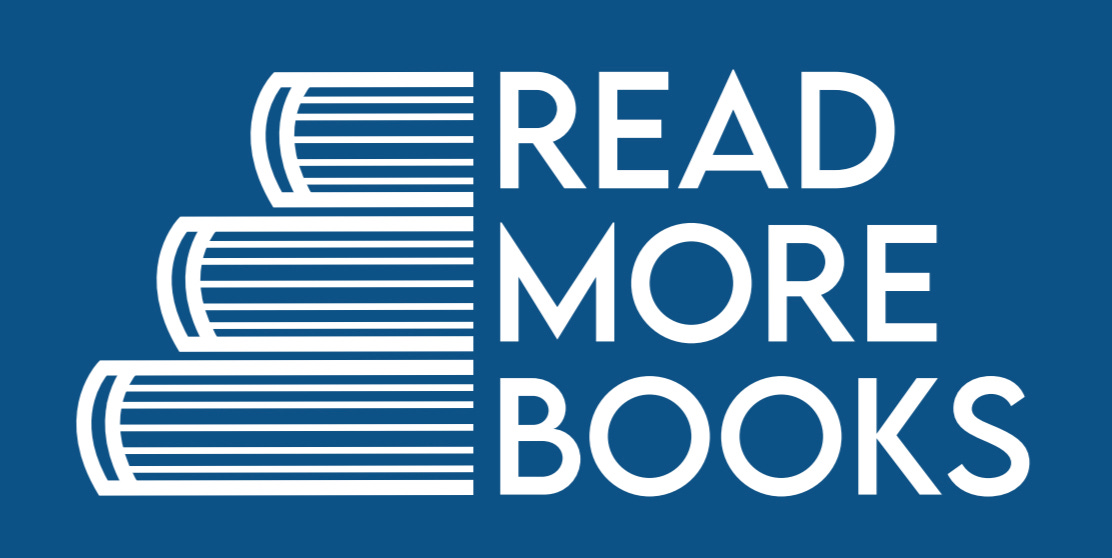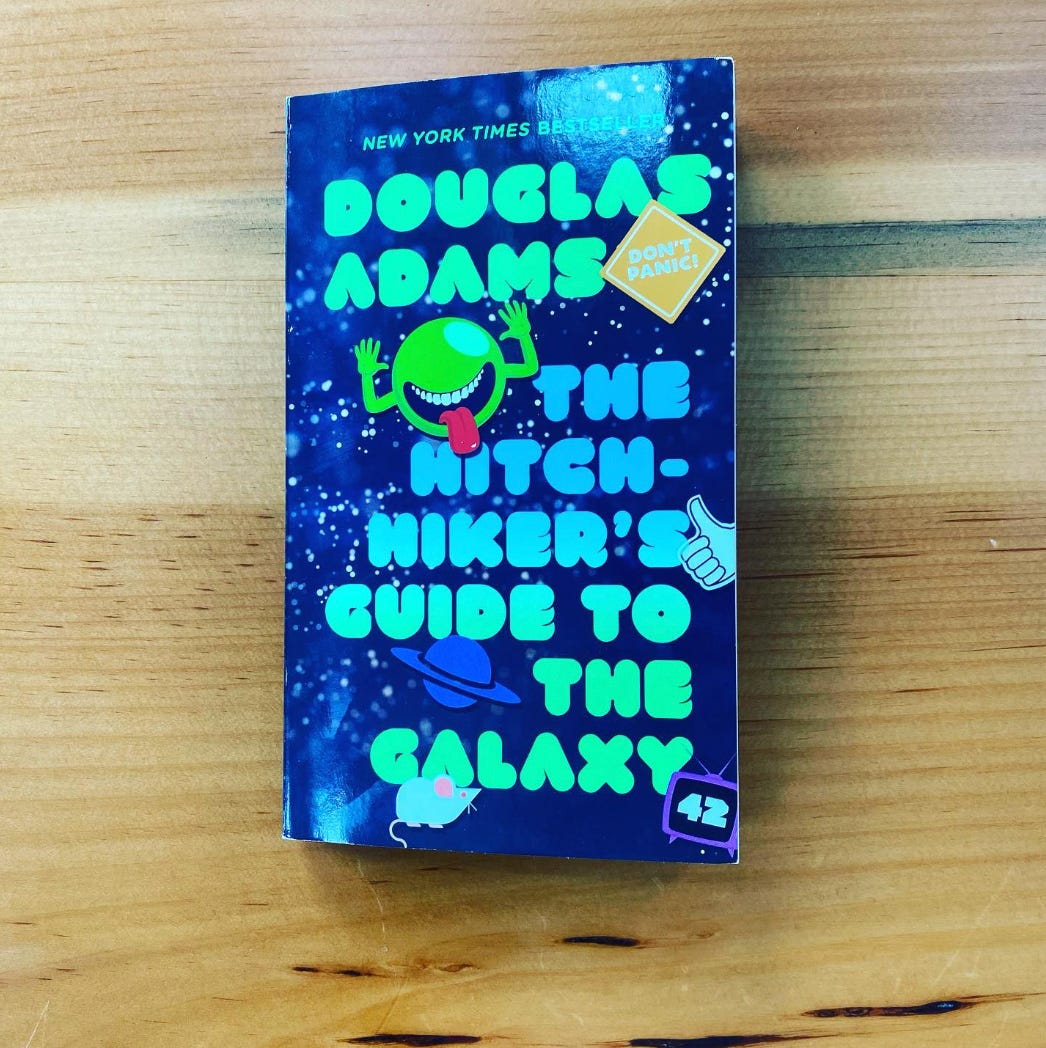What to Read Next (No. 267): Space Opera!
Happy Friday, readers!
Oh, the space opera. It’s a ridiculous term, but this sub-genre of science fiction is awfully fun. Playing on the phrase “soap opera,” a space opera is a sci-fi story set in outer space that’s high on melodrama, adventure, action, and deep relationships (both friendly and romantic).
My 2023 dive into sci-fi and fantasy means that I’ve encountered some highly entertaining space opera. This week, I’m happy to share a couple highlights in that niche. Even if you don’t think these books are up your alley, give ‘em a shot. You might just surprise yourself. I sure did.
As always, I’d love to hear what you’re reading.
Upgrade to a paid subscription to support this newsletter and to get my weekly “This & That” feature, which is full of links, lists, ideas, recommendations, and more:
The Expanse (Books 1-3) by James S. A. Corey
This epic nine-book series wrapped up last year to great fanfare. When my buddy Kyle told me that he’d read all of them, I knew it had to be a uniquely captivating series. Getting through that many 500-page books says as much as about the reader (endurance!) as it does about the author (stellar writing!).
Starting in January I embarked on this 4,500-page journey myself. And if the rest of the series holds up to the first 1,600 pages, I’m in for as memorable a reading experience as I’ve had.
At the core of the story is James Holden, captain of an intrepid little spaceship and its tireless, incredibly likable crew of Amos, Alex, and Naomi.
I don’t really want to tell you anything specific about the plot(s), especially for books two and three, since that would pretty obviously give away some big stuff from the first book.
So here’s a broad sketch of what the series is trying to do: Most books in the sci-fi genre have either conjured a near-future experience on Earth or a far-future experience in deep space. The Expanse series explores the in-between. What’s going to happen — politically, scientifically, sociologically — as humans begin to explore and populate the rest of the solar system? What happens when we first encounter things outside the realm of our understanding?
I can’t speak for the entire series, but the first three books were action-packed and topsy turvy, featuring likable and deeply explored characters. I have a hard time giving the individual books 5 stars, but only because they’re part of a much larger story — all three together are absolutely worth 5 stars.
I’m taking a short break before jumping into the next three, but I’m already excited to do so, knowing I’ll have familiar characters and environs to return to.
March Releases I’m Most Excited About
The Curator by Owen King — I’ve never read any of this King’s work, despite having read a lot of his dad’s (Stephen) and a few of his brother’s (Joe Hill). I look forward to this one, described as a “Dickensian fantasy of illusion and charm.”
Saving Time by Jenny Odell — Any self-help book that attempts to subvert the norms of genre is bound to be on my list.
Untold Power by Rebecca Boggs Roberts — I’ve always thought Woodrow Wilson was a bit of turd; this book about his wife, Edith Wilson, promises to tell the story of the secret power she held after he had a devastating stroke with a couple years of his presidency remaining.
Flux by Jinwoo Chong — “A blazingly original and stylish debut novel about a young man whose reality unravels when he suspects his mysterious employers have inadvertently discovered time travel—and are using it to cover up a string of violent crimes.” Count me in.
The Hitchhiker’s Guide to the Galaxy by Douglas Adams
There aren’t many books that have influenced sci-fi pop culture quite like Douglas Adams 1979 classic The Hitchhiker’s Guide. The premise of this short book is out there: minutes before Earth is obliterated to make way for a cosmic highway, the alien Ford Prefect snatches the human Arthur Dent to safety aboard a strange spaceship.
Prefect — who chose his Earth name rather poorly — is a writer for, you guessed it, The Hitchhiker’s Guide to the Galaxy. It’s a travel guide, of sorts, offering strange and useful tips for traversing the universe.
From there, the story is a fantastical, weird, imaginative, satirical, and often deeply wise roller coaster.
I’m not often into absurdist books, but all the odd moving pieces fit so well together that they form a surprisingly readable and page-turning story.
Here’s a small taste of what we encounter over the course of just 200 pages:
An alien whose poetry is so bad it can literally cause death
A perpetually depressed robot
An all-knowing AI named Deep Thought
The meaning of life (as determined by Deep Thought)
An architect who builds planets for wealthy clients
There’s so many unusual and random scenes that this book has ended up much more memorable than many others I’ve read this year. There were times where I genuinely laughed and times where I was in awe over Adams’ remarkably prescient ideas and satire.
Though it’s certainly not for everyone, I enjoyed The Hitchhiker’s Guide quite a bit more than I thought I would and I look forward to reading the other books in the series.
That’s all for me this week. Thanks so much for reading — I deeply appreciate the time and inbox space.
-Jeremy




If you’re still in the mood for long books in a longer series you absolutely must check out Michael J Sullivan. Absolutely outstanding author, I just bought the next 8 books in the series. Can’t recommend enough and state how quickly you will be hooked! Currently reading The Count of Monte Cristo and can’t believe how incredible it is. The writing and characters are extraordinary.
I'd recommend the Wayfarer series by Becky Chambers. The first book, A Long Way to a Small, Angry Planet had all the space opera elements you could want!